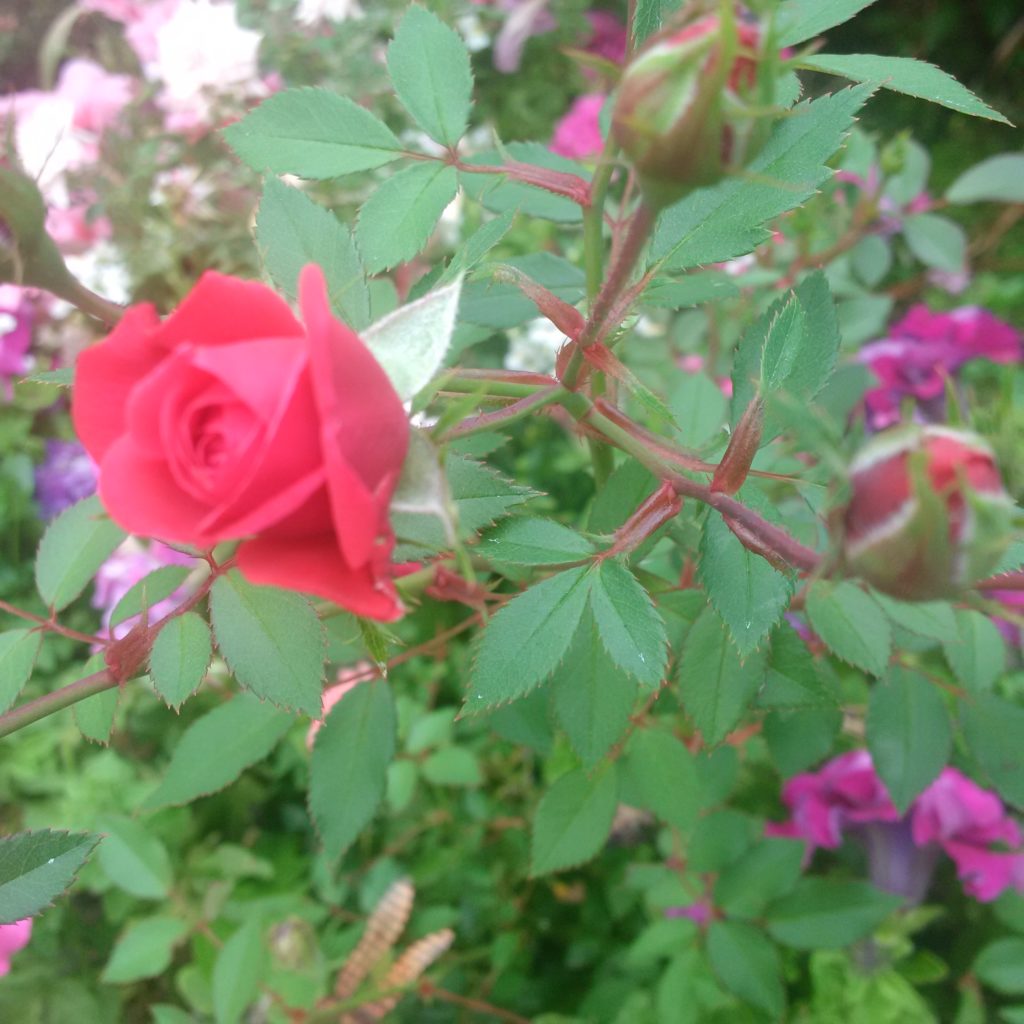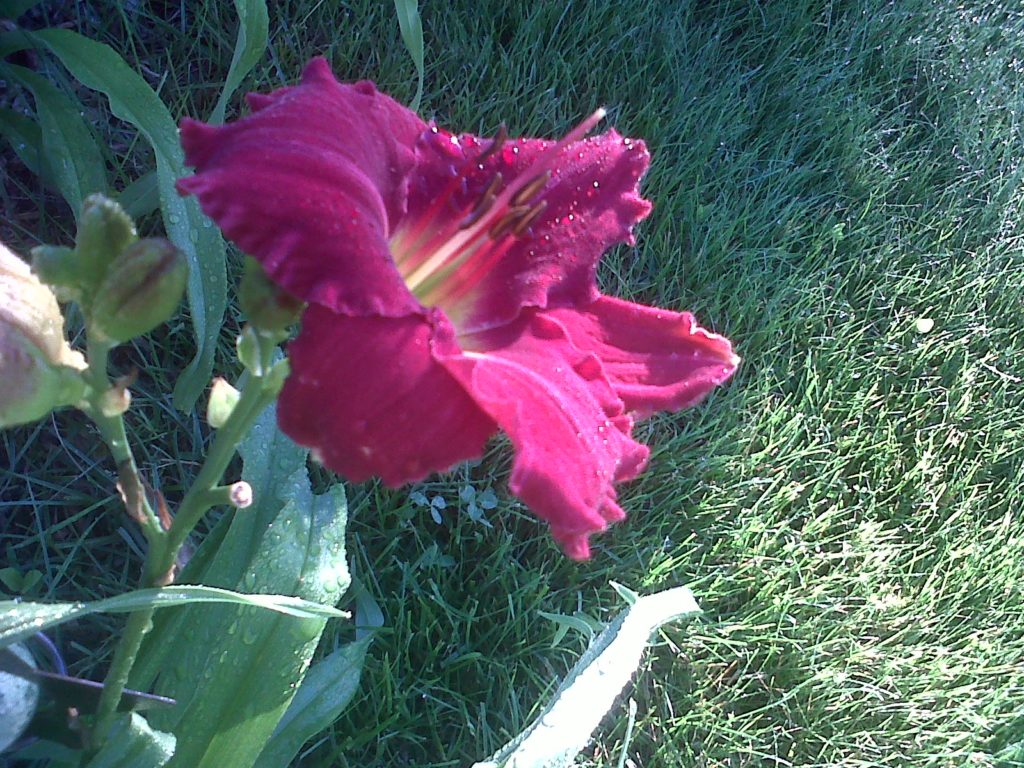Everyone is a poet, right? As Robert Frost pointed out: “To be a poet is a condition, not a profession.” And Carl Sandburg once quipped: “I’ve written some poetry I don’t understand myself.” And most of us know this famous quote from Plato: “At the touch of love everyone becomes a poet.”
Some people scrawl poetic notes in an old notebook, never planning to share them. Others strive to write what others will find valuable, intriguing, or inspiring. Poets with years of experience write very demanding poems, the kind that win awards–the kind we love to read, think about. Such poems leave us with something memorable, a line or two we love and hope to never forget. A profound question that causes us to rethink our values, our beliefs.
What if each poem you wrote was worth exactly one dollar? Would you write more poems, or not bother at all? If you attach monetary value to your poems, would that motivate you further, or diminish the true worth of your work in your eyes? Maybe you’ve never thought about such things. And that’s okay, too.
Maybe you have never admitted to anyone that you love to write poetry. One great thing about a poem is that it doesn’t demand sharing; nor does it require judgement or critical appraisal. The words, the lines, are fluid, like water and air; they invite reflection, contemplation, even meditation. What’s not to love?
“Poetry is the spontaneous overflow of powerful feelings: it takes its origin from emotion recollected in tranquillity.” — William Wordsworth, from “Preface to Lyrical Ballads.”
When a certain line or feeling comes to mind, it helps to jot it down somewhere. Anywhere. I have found that these intuitive teasers can lead to poems that I never could have “planned” to write. I love that sense of discovery, the unexpected connections and analogies that come to life during the writing process. I’m not real sure what a poem is about until I write the last line. Then finally, it begins to take shape, usually in surprising ways. Or a poem seems to be about a certain subject, but ends up somewhere else entirely. It’s all part of the magic and mystery of poetry.

“Poetry should surprise by a fine excess and not by singularity—it should strike the reader as a wording of his own highest thoughts, and appear almost a remembrance.” — John Keats
“A poet dares be just so clear and no clearer… He unzips the veil from beauty, but does not remove it. A poet utterly clear is a trifle glaring.” — E. B. White
In the end, all poetry works, especially if you’re not worried about marketing or publishing for the eyes of others. And remember that some poems just need time to ripen. I’ll often write a few lines, then put them away until the spirit moves me to add to them, or edit what I already wrote. Keeping high pressure out of the writing process is imperative. When I relax into a poem, allow it to unfold without rushing or forcing the lines, the end results are always better.
Many years ago, when I began to write poetry, I didn’t realize that such work, such creativity, usually springs from the unknown–from the deeper parts of myself that lie hidden in my subconscious, for instance. Of course that’s why poetry is so fascinating, so powerful. It provides the emotional and intellectual space to consider what was previously unknown or invisible; it give us permission to stay open, just floating with ideas until we’re ready to move forward. You might even say that it’s a place of freedom–an opening into another world.
When sustained awareness meets a subject, or an exploration of an observation, hunch, or feeling, it’s a gift. Stay open to the discoveries along the way. It’s not the kind of thing where you’re supposed to have all the answers when you begin, but some will come as the poem unfolds in fits and spurts, or perhaps in an outpouring of ideas and emotion. It’s a hard, but joyful, process. It’s whatever you want it to be! ~
Blog by SunnyRoomStudio: all rights reserved.
Thank you for visiting!


